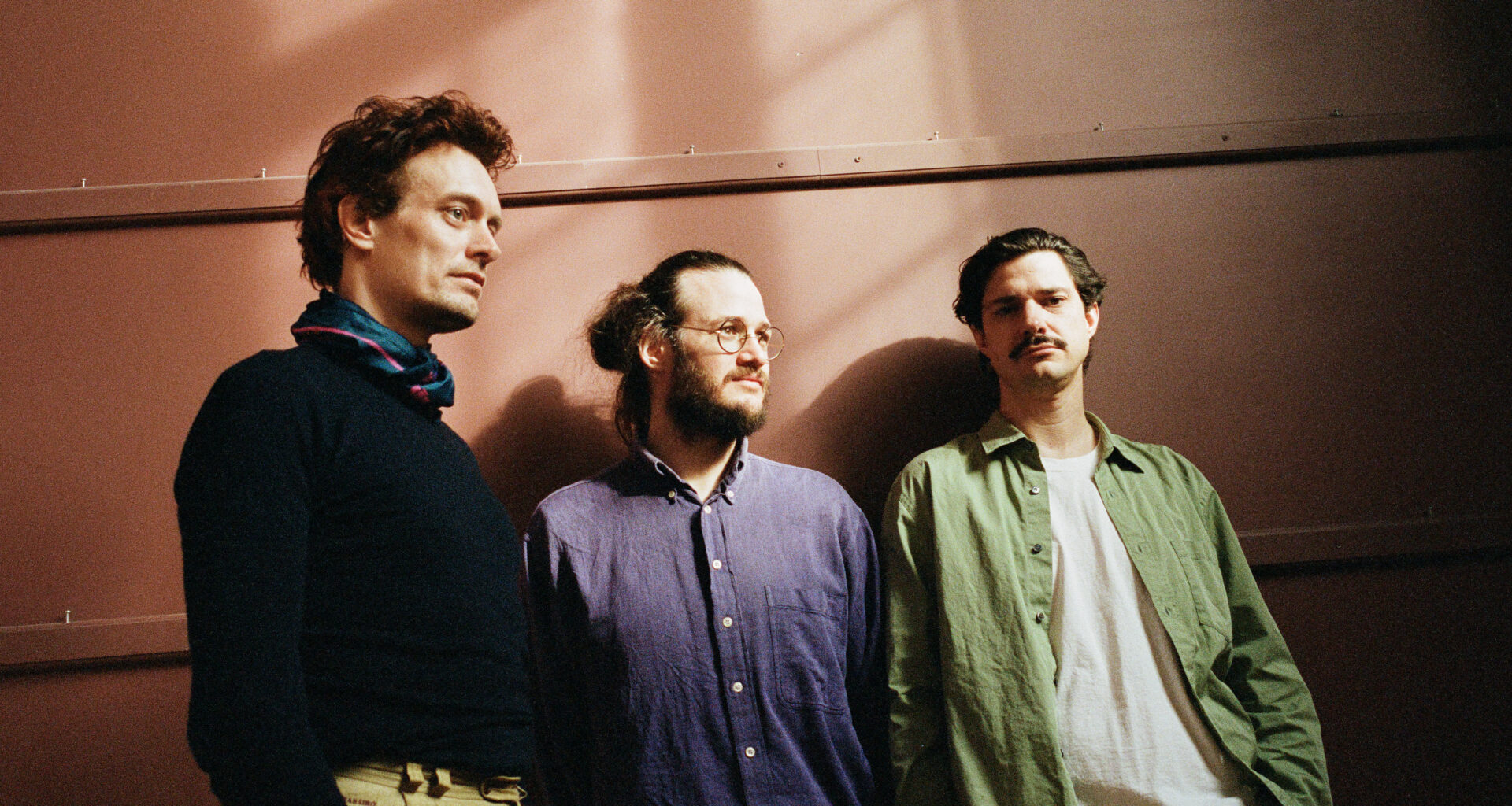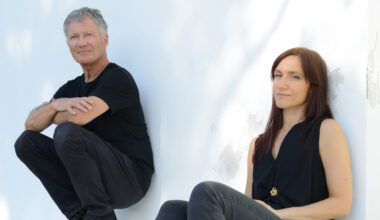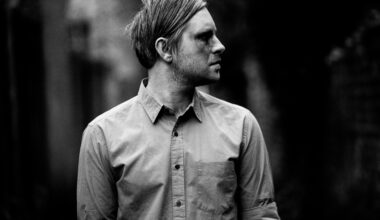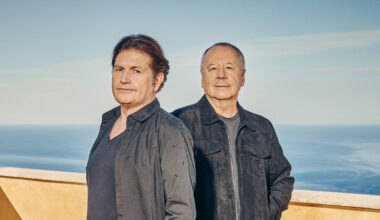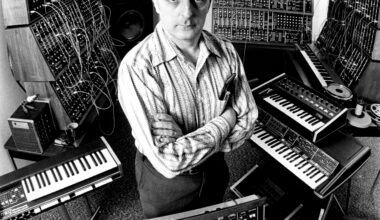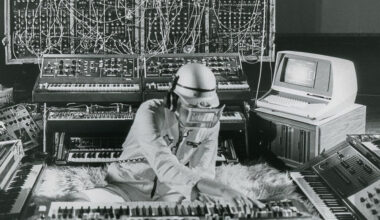The expansive, ethereal sound of Efterklang goes route one on new release ‘Windflowers’, their most pop-fuelled, melody-driven LP yet
Want to read more?
Sign up to Electronic Sound Premium to gain access to every post, video, special offers, and more. 100%, all you can eat, no commitment, cancel any time.
Already a premium member? Log in here
